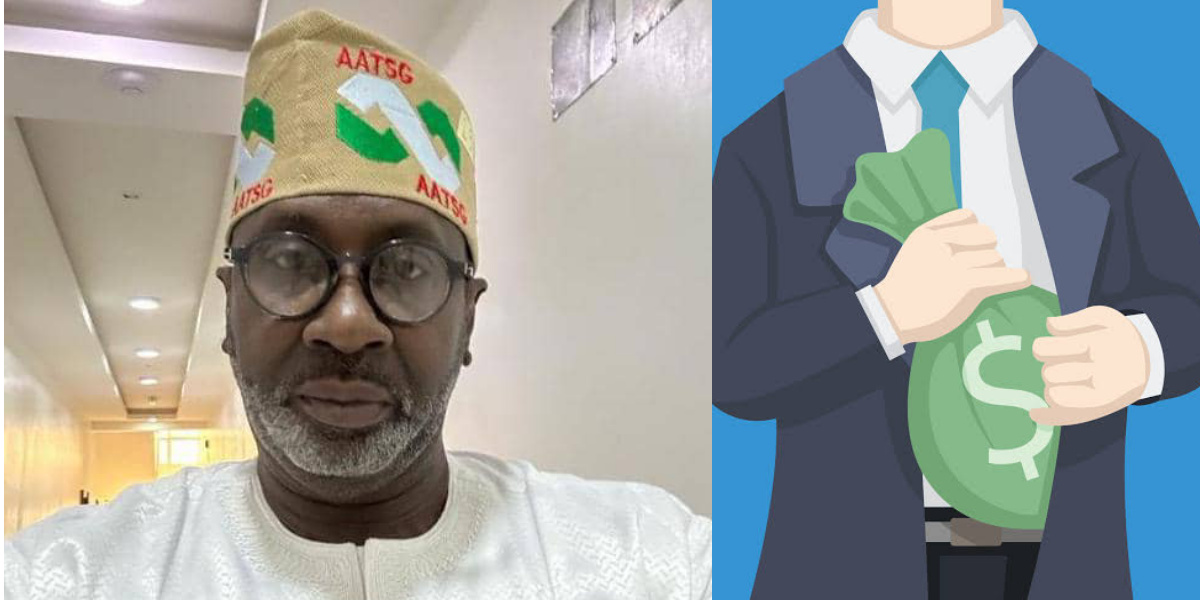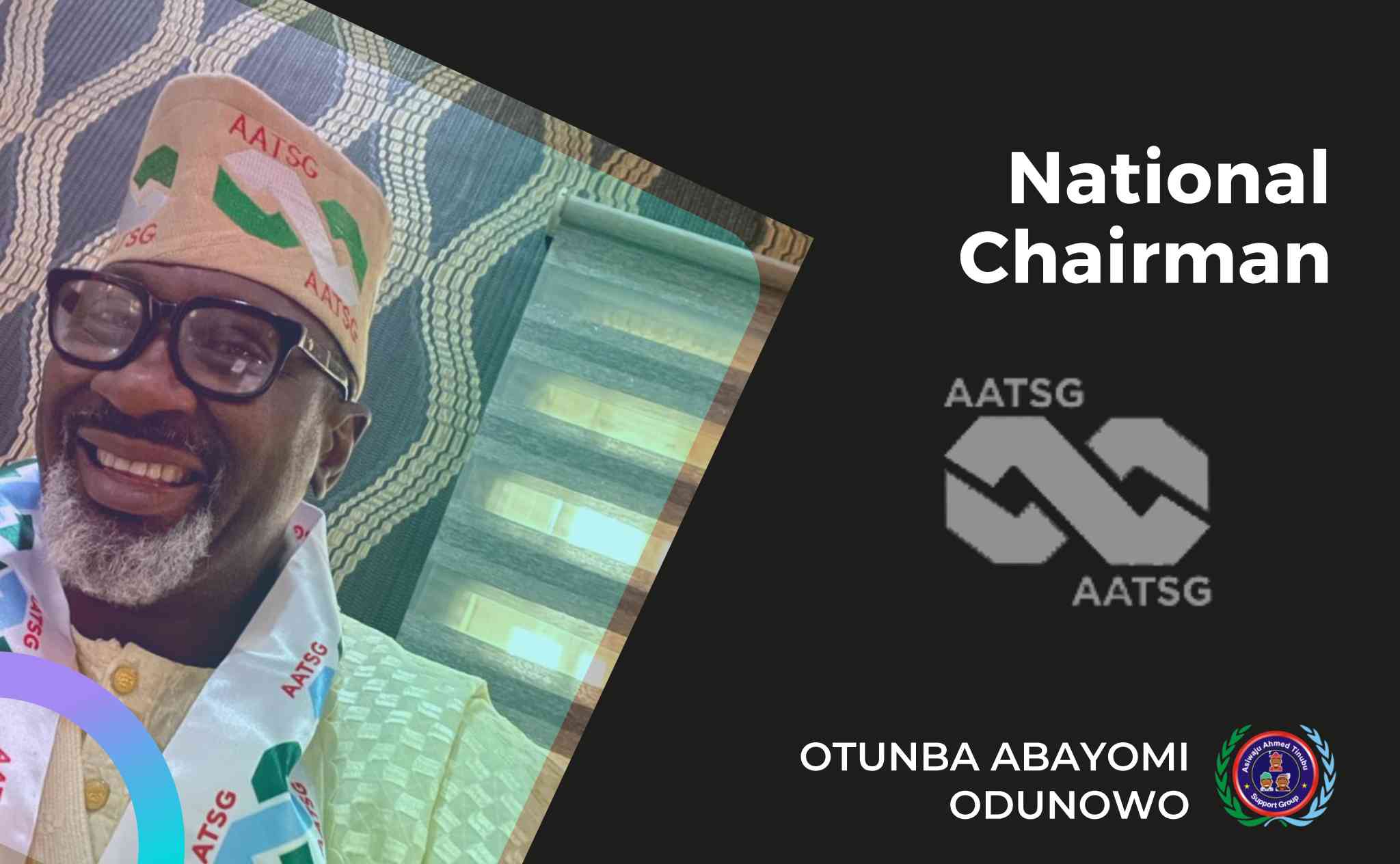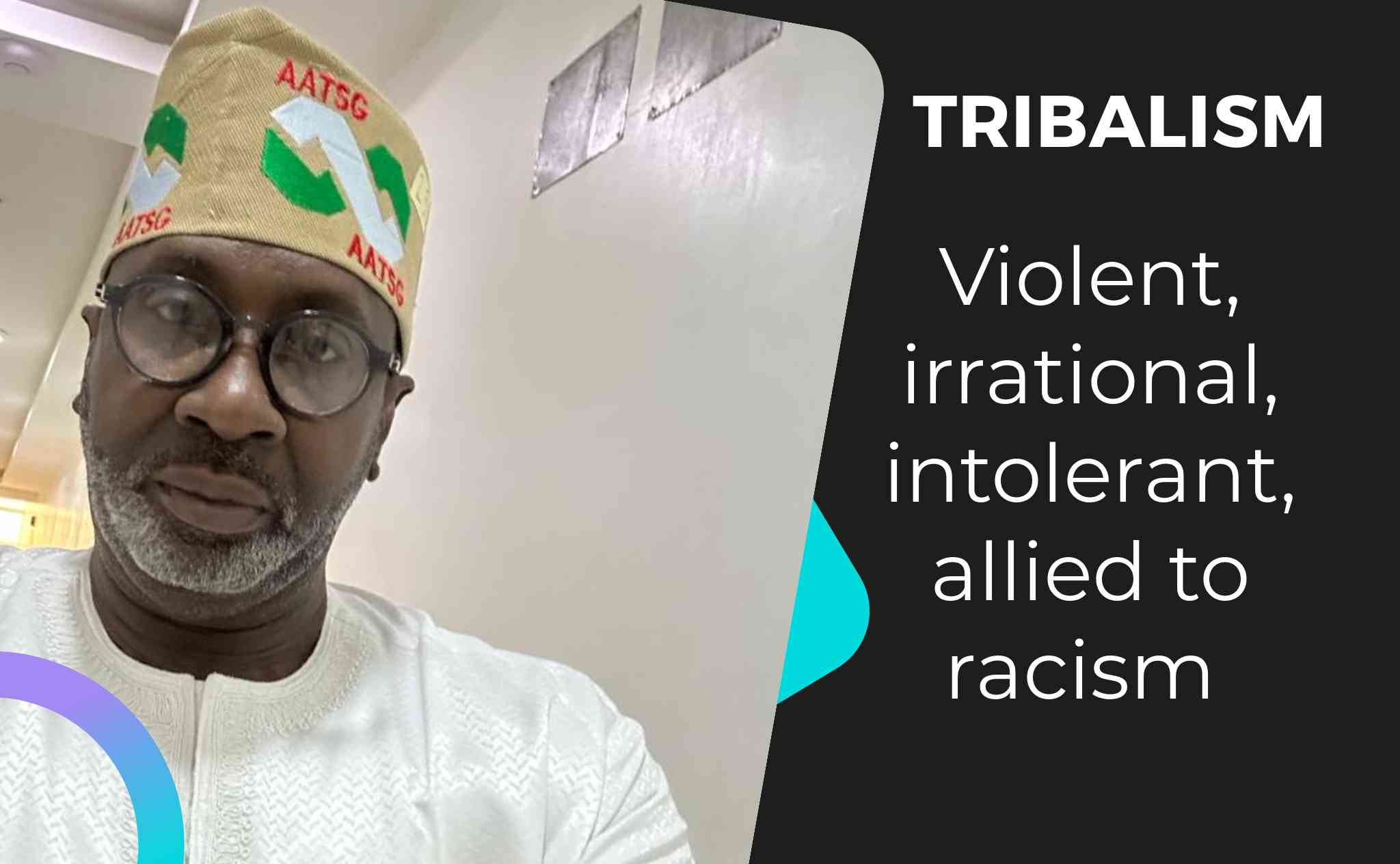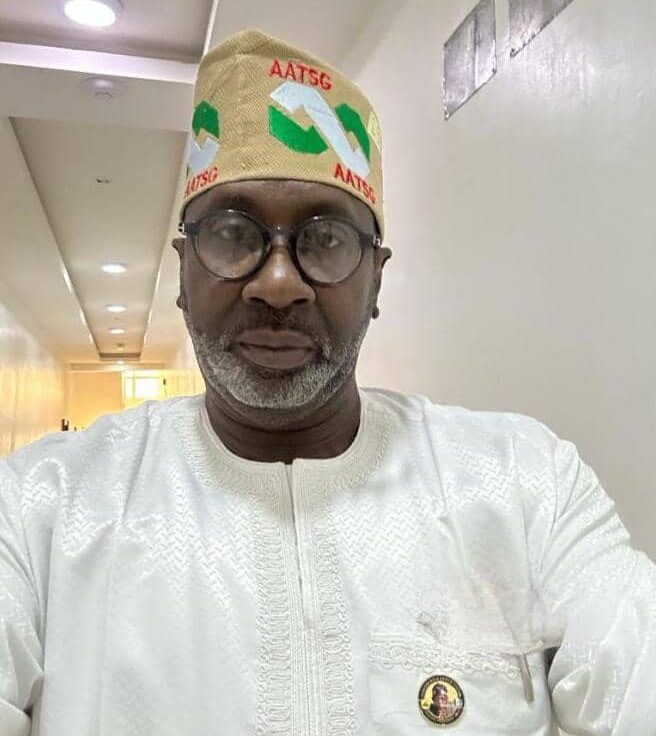Nigeria which way forward part Two – What makes a person dishonest and or corrupt?
What makes a person dishonest and or corrupt, But before we go there we need to first address, what makes a person, the answer to this question will give us a better understanding of the root cause of the problem.
“The person who commits a dishonest act does so out of his or her own choice.”
The individual might as well choose to be honest and upright. So what makes a person really would then be the kind of choices the individual makes in life. When a person chooses to do a good act without hesitation then he is a good person, likewise if he, without hesitation, chooses evil then he is an evil person.
Hence, what influences a person’s choice? The right answer to that question is knowledge. Because a rational person will only choose what he believes in his mind to be good or beneficial to himself and avoid what is bad or harmful. So in that case there must be knowledge of what is good or bad and here is the important role of education, knowledge and wisdom. All individuals has to be educated properly so they will only use the freedom in accordance with justice and truth. When falsehood is believed to be truth and truth to be falsehood; that is the greatest of all corruption, corruption of knowledge.
There are various factors that can contribute to a person being dishonest or corrupt. Here are some key points we should review.
Personal gains, One of the main motivations for dishonesty and corruption is the desire for personal gain. This can include financial benefits, power, or influence
Lack of consequences, When individuals believe they can engage in dishonest or corrupt behavior without facing any consequences, they may be more inclined to act in such a manner
Environmental factors: The presence of corruption at a societal or institutional level can influence individuals to engage in dishonest behavior. Studies have shown that exposure to corruption can breed personal dishonesty
On effective and Perceived social norms, If dishonesty is perceived as a common or accepted behavior within a particular social group or environment, individuals may be more likely to engage in such behavior themselves
Trade-off between honesty and competence: In some cases, individuals may be willing to overlook dishonesty or corruption if they believe the person in question is highly competent or effective in other areas
It’s important to note that these factors are not exhaustive and individual motivations for dishonesty and corruption can vary.
Additionally, it’s crucial to promote ethical behavior, transparency, and accountability to discourage dishonesty and corruption in society.
Knowledge is the criterion used to decide as to the desirability or otherwise of an act, and when knowledge itself becomes corrupt there is no hope in reforms and improvements. This is, according to some school of thots, the real corruption and therefore where solution has to be sought. Expectedly confusion and error in knowledge is the root cause of all other problems besetting human life. In short, what is being taught and promoted to the general public as knowledge is not entirely knowledge but falsehood and a distortion of the truth. As a result, confusion and error have become prevalent, as can be seen from the moral degeneration and political chaos.
The fight against corruption, therefore, must begin with the fight against corruption of knowledge. Which leads to tribalism, Reforming of the states and its institutions cannot proceed independent educational reform. Though it is argued that the rise of corruption is linked with the way governments conduct their affairs in modern societies, the real reform must ultimately begin with the individuals and hence education. An honest government cannot exist without there being a significant number of honest citizens. Since a corrupt government itself is a reflection of a corrupt citizens and a decadent society, any true movement towards improvement must be grounded upon knowledge and morality.
In summary this write up have seek to provide comprehensive analysis of the factors that contribute to a person being dishonest or corrupt. It’s clear that personal choices, desire for personal gain, lack of consequences, environmental factors, perceived social norms, and the trade-off between honesty and competence can all play a role in shaping one’s behavior. Furthermore, the impact of knowledge and education on an individual’s decision-making process is crucial in preventing corruption. Addressing corruption at its root through educational reform and promoting ethical behavior is essential for creating a more honest and transparent society.



